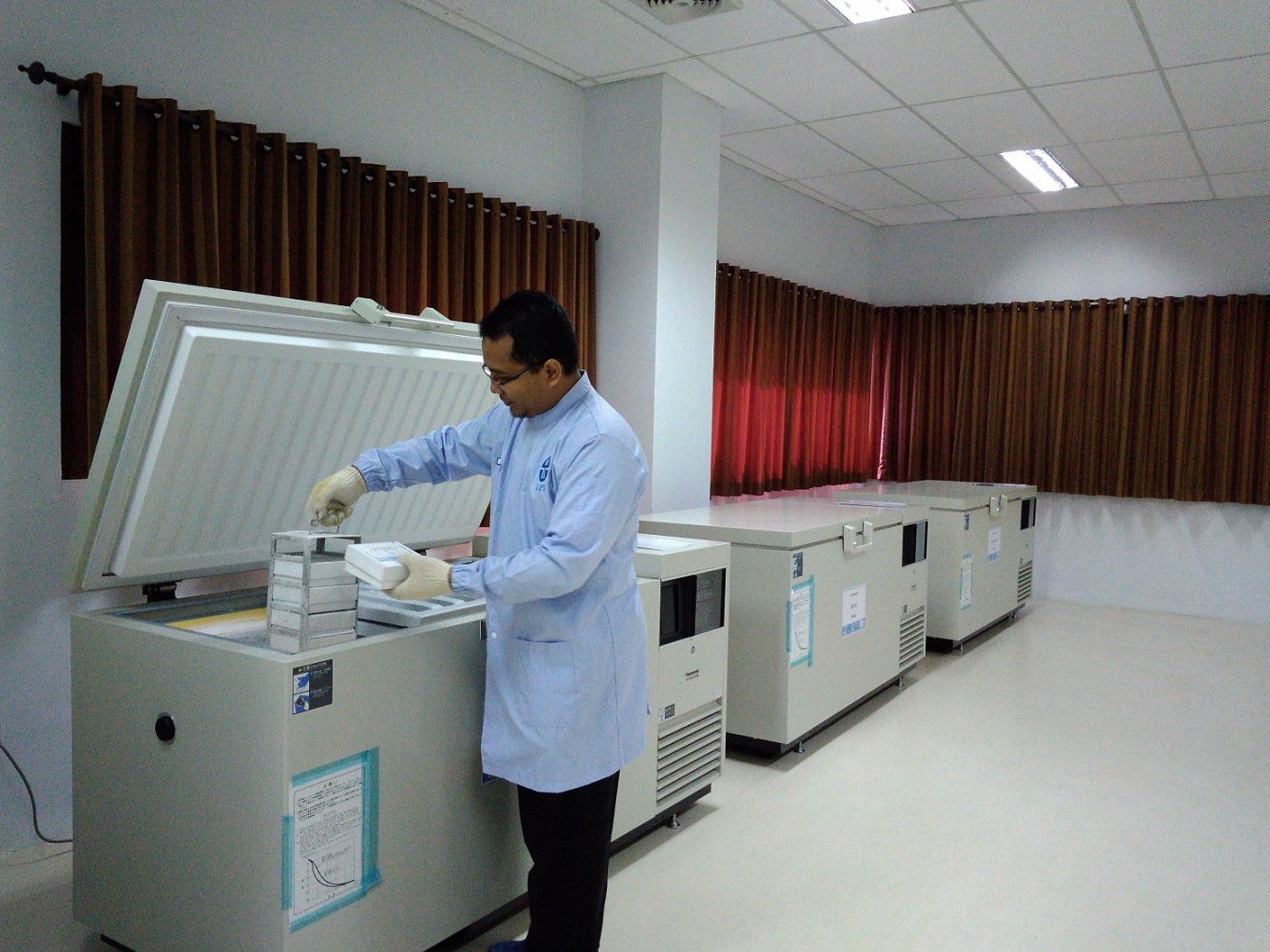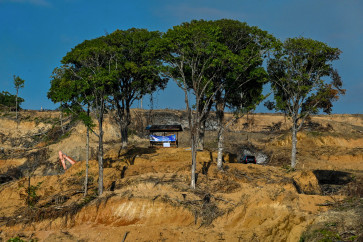Popular Reads
Top Results
Can't find what you're looking for?
View all search resultsPopular Reads
Top Results
Can't find what you're looking for?
View all search resultsGovernment aims to ban 'negative' research
The government has issued a regulation obliging researchers to report on their research results to the home ministry as part of a new permit regime that could be seen as an effort to exert more control over academia.
Change text size
Gift Premium Articles
to Anyone
T
he government has issued a regulation obliging Indonesian researchers to report on their research results to the home ministry as part of a new permit regime that could be seen as an effort to exert more control over academia.
Issued on Jan. 17, Home Ministry Regulation No. 3/2018 on the research information letter (SKP) replaces a 2014 decree that only obliged researchers -- individuals or groups -- to report to local administration officials that issued a research recommendation to the researchers.
The new regulation allows the authorities to assess the "potential negative impacts" of a particular research project, a mechanism resembling the issuance of the environmental impact analyses (Amdal) for businesses that could harm the environment.
The previous regulation, meanwhile, merely stipulated the verification of formal requirements to be met by researchers.
The government aims to remain vigilant with regard to "negative impacts that could possibly stem from research and are not the subject of research," the 2018 regulation reads.
The Home Ministry's Directorate General of Politics and General Governance is tasked with assessing the potential negative impacts at the national level of any proposed research project.
Some researchers have voiced concern that the new regulation could raise doubt over the progress of scientific activity in Indonesia.
Concern over the negative impacts of research would be "unnecessary," if the country had implemented a strong research ethics mechanism, said Dina Afrianty, a post-doctoral research fellow at the Institute for Religion, Politics and Society (IRPS) at the Australian Catholic University.
"Why should the Home Ministry and the bureaucracy under its control have the right to decide whether a research project can be carried out or not?" asked Dina.
Widodo Sigit Pudjianto, the Home Ministry's legal bureau chief, defended the new regulation as a means to simplify the work of researchers in Indonesia, saying the SKP issuance would ensure the country reaped the "benefits of the research."
"Topics that could divide society, such as 'should the country change its basis from Pancasila to something like the HTI wanted’ are clearly prohibited," Widodo said Tuesday, referring to the banned radical Islamic group Hizbut Tahrir Indonesia.
Widodo said the authorities would not hinder researchers in obtaining the SKP, which would be valid for one year. Yet, he added, the permit would be revoked if the government detected a "threat to security" in the research.
Widodo added that the issuance of the new regulation had nothing to do with the regional elections to be held this year and concurrent elections next year.
"We have to protect the country in order for it to remain united," said Widodo. (ahw)










